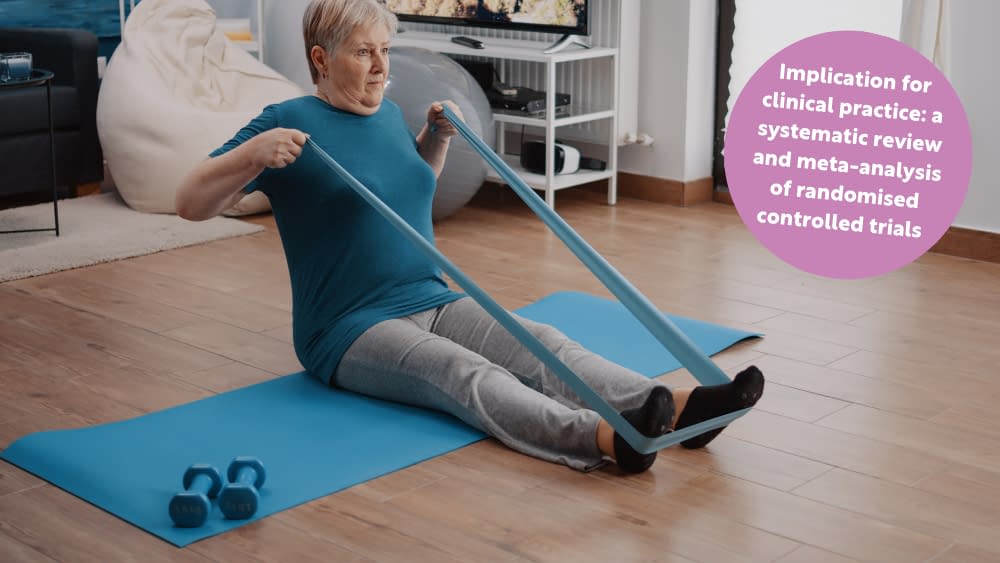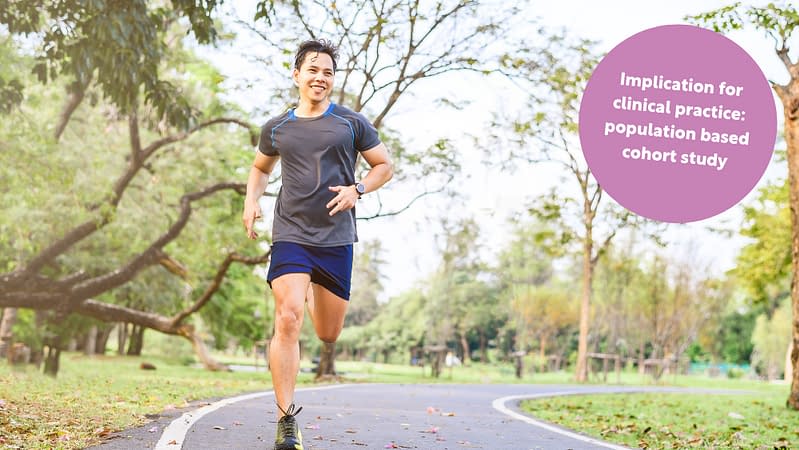This study highlights the importance of resistance training in lowering cardiovascular disease risk factors and emphasises the need to promote this form of exercise.
Resistance training is a crucial adjunct treatment alongside other lifestyle factors and should be encouraged for the management of individuals with poor metabolic health.
Context
To evaluate the effects of resistance training on cardiometabolic health-related outcomes in patients with type 2 diabetes mellitus (T2DM) and obesity.
Methods
The inclusion criteria for studies were as follows:
- Participants diagnosed with T2DM and concurrent obesity with or without comorbidities
- Participants aged over 18 years
- Utilisation of resistance training, including upper and lower body exercises as the intervention in the studies
A total of 18 studies were included in this review involving 1180 patients.
Results
- Resistance training elicits meaningful improvements in anthropometrics, glycolipid metabolism, low-grade chronic inflammation, liver function and physical function.
- Resistance training has been shown to significantly improve cardiometabolic health indicators and reduce mortality risk in adults with T2DM and excess weight.
- Despite the benefits, combined aerobic and resistance training remains the optimum strategy with this cohort of patients.




